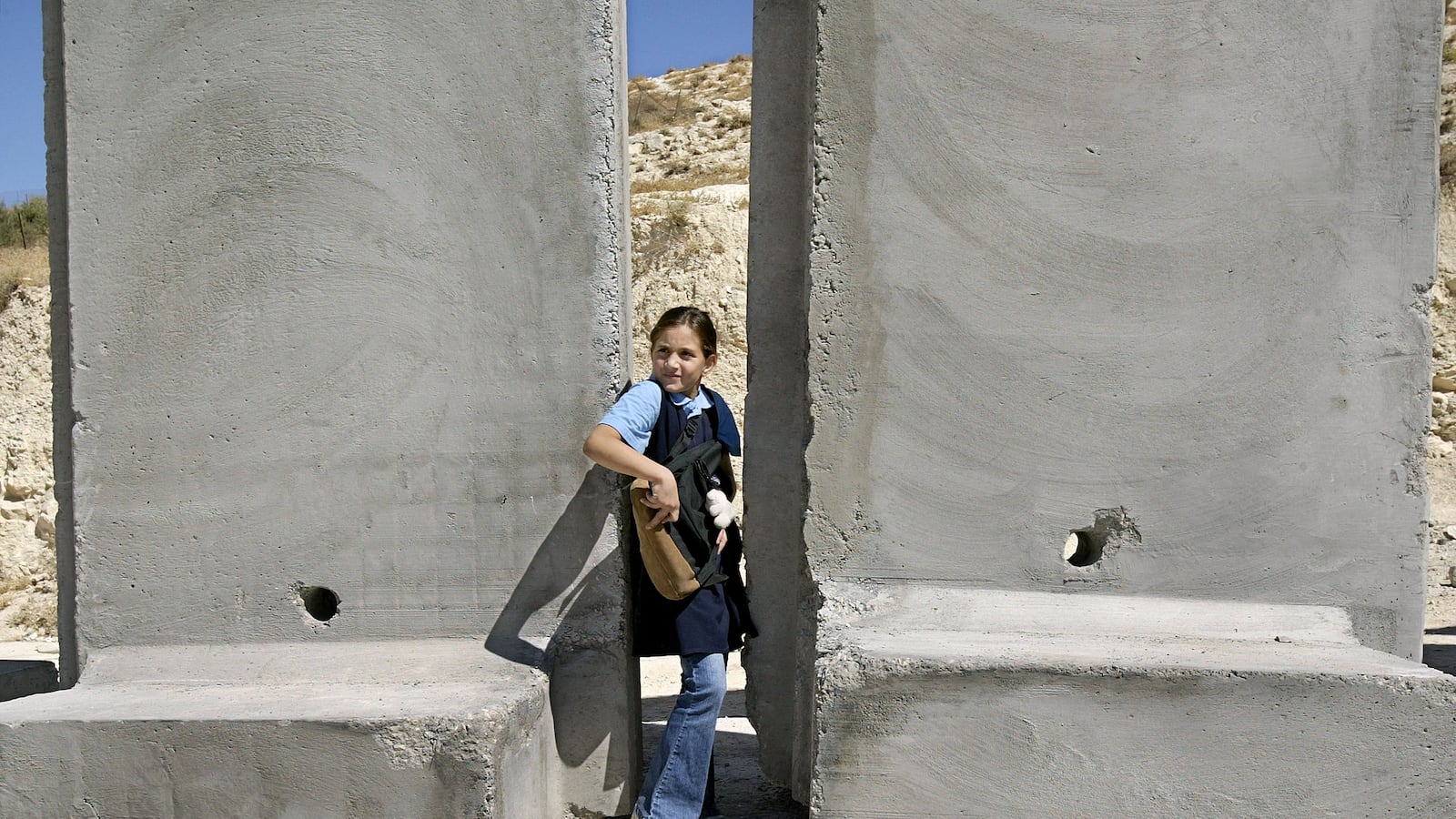It’s been a busy week in the blogosphere for liberal Zionists and their BDS-promoting critics. Since I wrote last Friday arguing that BDS is not compatible with two states, Jerry Haber asked why, given the shared desire to end the occupation and equalize the experience of Palestinian citizens of Israel, liberal Zionists don’t simply join BDS. Peter Beinart responded to Haber by showing where, as a liberal Zionist, his views actually differ in places from the BDS movement on those two issues. And now Max Blumenthal, in Electronic Intifada, has lobbed a new grenade of criticism on liberal Zionists generally for failing to elucidate their vision of a two-state solution, and me specifically for using “subjective terminology.”

The contours of a two-state solution have already been well documented and are almost universally known. And to understand how close Israeli and Palestinian negotiators came to a precise agreement at Taba a decade ago, see the Moratinos Document, for instance. And along with my colleague Brent E. Sasley in International Journal, I have outlined how displaced settlers could be successfully re-integrated into pre-1967 Israel in a post-peace scenario.
So instead, I want to respond to Haber’s query via Blumenthal’s critique: why don’t liberal Zionists just join BDS? Beyond the issue of Palestinian refugee return, I actually think the answer lies in Blumenthal’s charge of subjectivity. He, of course, meant it as criticism. But decades of teaching, researching and writing on the subject of Israel/Palestine have led me to see collective subjectivity as intrinsic to explaining the conflict—and to imagining its resolution.
Liberal Zionists of my generation came of age during the first Intifada, where Palestinian subjectivity was thrust into a consciousness that for decades had kept the Palestinians as an invisible footnote to the Zionist dream. In university, we engaged in Israeli-Palestinian dialogue groups while cutting our teeth on books like Mark Heller and Sari Nusseibeh’s No Trumpets, No Drums: A Two-State Settlement of the Israeli-Palestinian Conflict. The discourse adopted by liberal Zionists, in short, has been one of respect for the needs and desires of both peoples.
Unlike right-wing Zionists, liberal Zionists are not allergic to the word Nakba. They seek to understand the daily humiliations suffered by Palestinians under occupation. And they take seriously the voices of Palestinian poets and filmmakers. But unlike BDS’ers, liberal Zionists apply the same standards of engaging with Palestinian subjectivity to the Israeli—and indeed, worldwide Diaspora—Jewish experience. Reading the BDS platform, one sees that Palestinian injustice documented in great detail. But nowhere is the Jewish experience captured in any way that suggests any attempt at empathizing with the Jewish condition at the time, or Jewish national longings writ large. Not surprisingly, the case is worse on social media, where BDS discourse entails much mocking of collective Jewish and Israeli political desires, with no attempt to square the two sets of national yearnings.
The agunah metaphor to which Jerry Haber likens the conflict—the Palestinians as a wife forever chained to a husband who refuses to grant her a Jewish divorce—is actually more apt for liberal Zionism than it is for BDS. It is leftist-Zionist Amos Oz who has long called the two-state solution a much-needed “divorce.” But in the world according to BDS, the husband is not only being asked to grant the divorce, he is also being asked to remarry the estranged wife—and change his sexual orientation.
In the Venn diagram of where the region sits today, it is not difficult to see where the overlap lies. It lies in respectful separation—not in an endless remarriage where core collective identities will be forever challenged. It lies in a two-state solution where the branches of each side’s subjectivity can grow and be nurtured—rather than be forever clipped by the Bonzai-sheers of existence under perpetual mutual siege.





